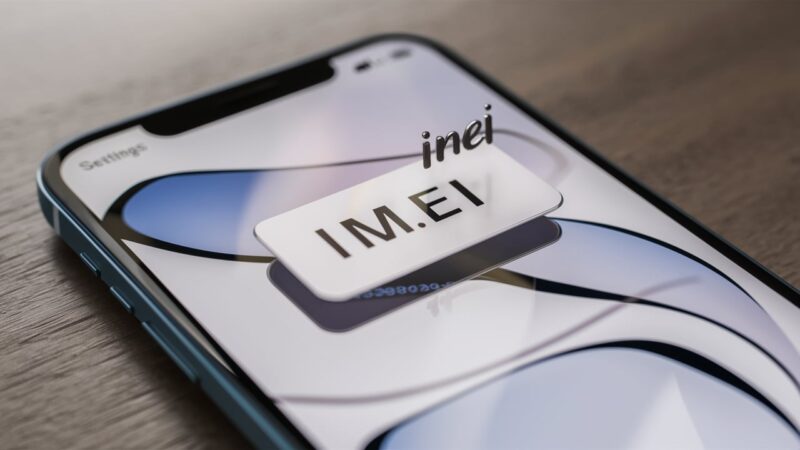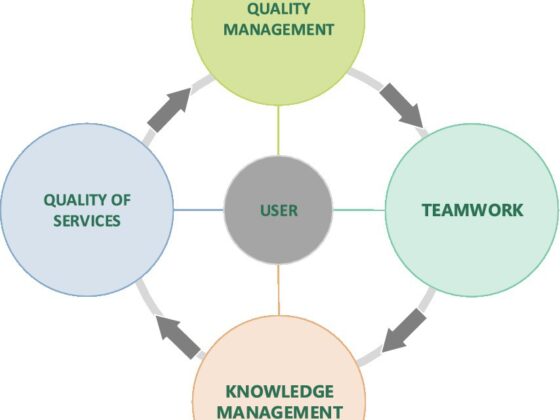Have you ever wondered how effective it is to track phones using IMEI numbers? This method has gained popularity in recent years due to its ability to locate and recover lost or stolen devices. The International Mobile Equipment Identity (IMEI) number is a unique identifier assigned to every mobile device, making it possible to track the devices location in real-time.
However, the effectiveness of this tracking method raises questions about privacy concerns and ethical considerations. In this article, we will explore the pros and cons of tracking phones with IMEI numbers and discuss the implications of this technology on personal security and privacy.
Methods of Tracking Phones Using IMEI Numbers
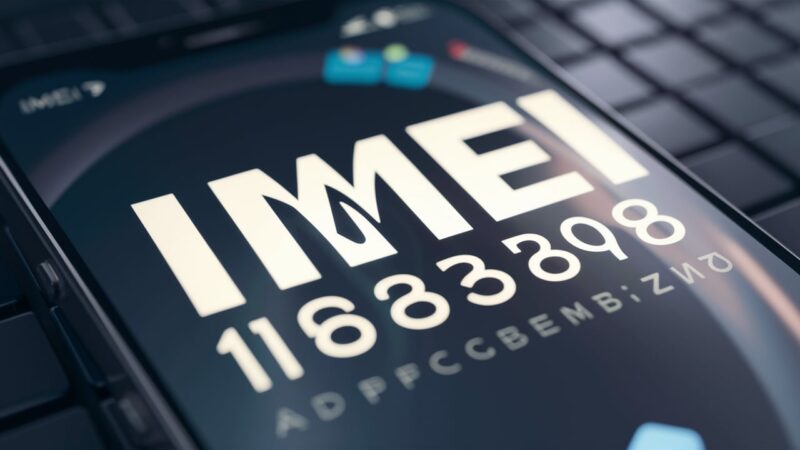
Tracking phones using IMEI numbers involves several methods that can be utilized to locate a lost or stolen device. One method is through the use of specialized software that can track the phones location in real-time using the unique IMEI number associated with the device.
Another method is by working with law enforcement agencies who have the ability to track phones using IMEI numbers through advanced technology and databases. Additionally, there are online platforms and services that offer IMEI tracking services to help individuals locate their phones in emergency situations.
By combining these different methods, tracking phones using IMEI numbers can be an effective tool for retrieving lost or stolen devices.
Limitations and Challenges of Tracking Phones with IMEI Numbers
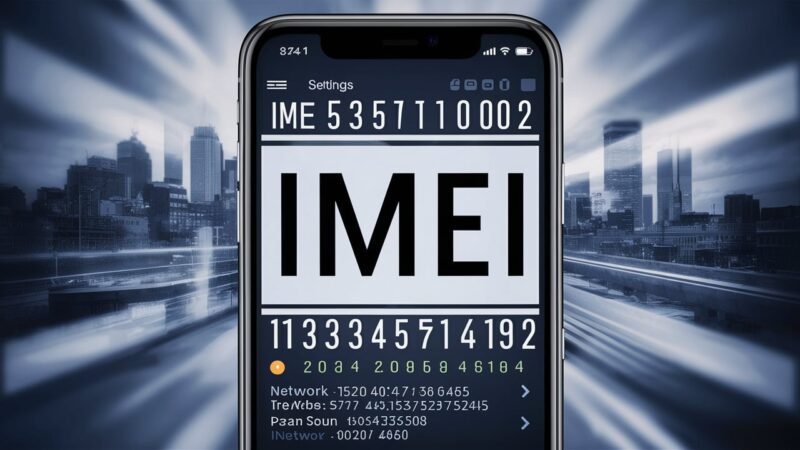
Tracking phones with IMEI numbers does have its limitations and challenges. One major limitation is that IMEI numbers can be easily changed or tampered with, rendering the tracking ineffective.
Additionally, some phones may not have their IMEI numbers readily accessible or may not even have an IMEI number at all. Another challenge is the legality of tracking phones with IMEI numbers, as privacy concerns and regulations may restrict the use of this method.
Furthermore, tracking phones with IMEI numbers may not always provide real-time location data, making it difficult to track a phone accurately in some situations. These limitations and challenges highlight the need for alternative methods of tracking phones for both security and privacy reasons.
Effectiveness of Using IMEI Numbers for Phone Tracking
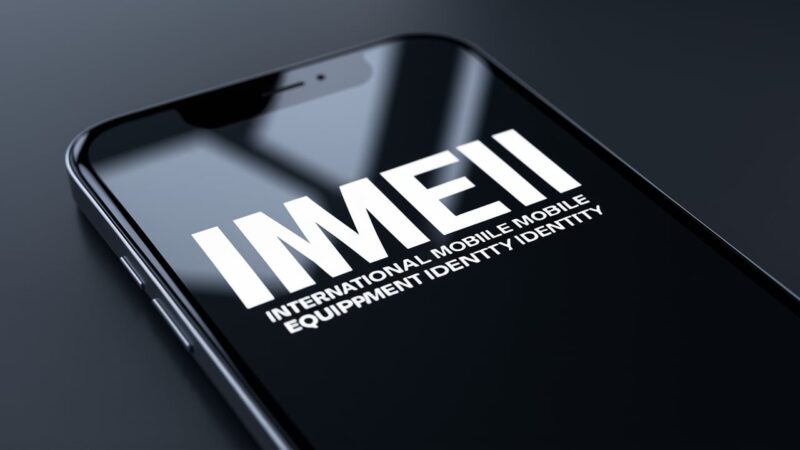
The effectiveness of using IMEI numbers for phone tracking proves to be quite reliable in various situations. By utilizing the unique IMEI number assigned to each mobile device, authorities and individuals can track lost or stolen phones, monitor suspicious activities, and even locate a device in real-time.
The IMEI number provides a level of security that GPS tracking alone cannot match, as it is embedded within the phone itself and cannot be easily altered or removed. Additionally, IMEI tracking can be implemented across different carriers and networks, making it a versatile and powerful tool for phone tracking purposes.
Despite some limitations, such as the need for cooperation from service providers and law enforcement agencies, the effectiveness of using IMEI numbers for phone tracking is evident in its widespread use and success stories.
Conclusion
In conclusion, tracking phones using IMEI numbers can be an effective tool for locating lost or stolen devices. By utilizing the unique IMEI number assigned to each phone, authorities and phone owners can work together to track and recover devices.
However, it is important to remember that while IMEI tracking can be useful, it is not foolproof and may not always lead to successful recovery. It is also essential for phone owners to regularly verify the status of their IMEI through an IMEI check to prevent unauthorized access or use of their device. Overall, while IMEI tracking is a valuable tool, it should not be relied upon as the sole method of securing a phones location.

